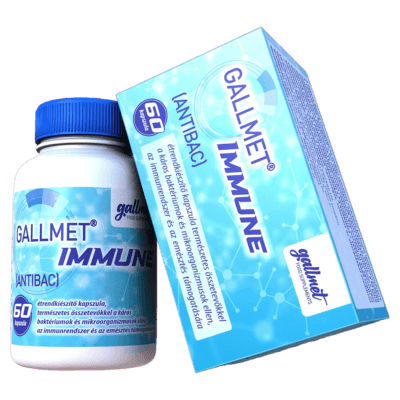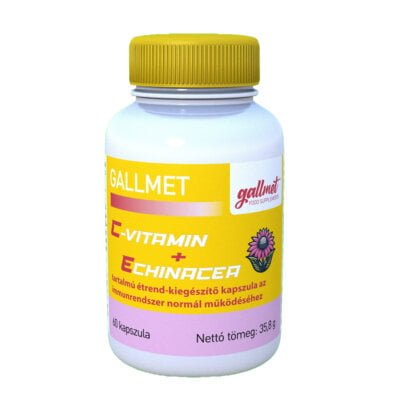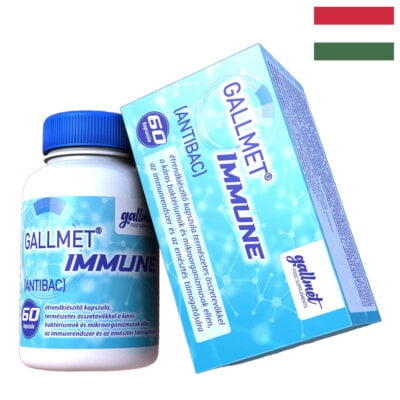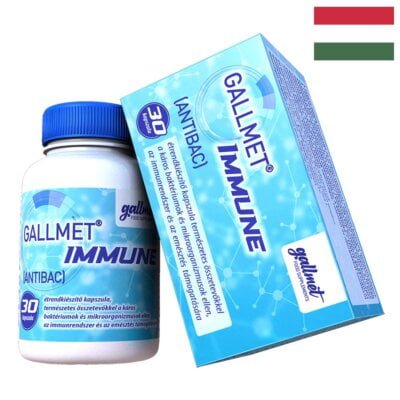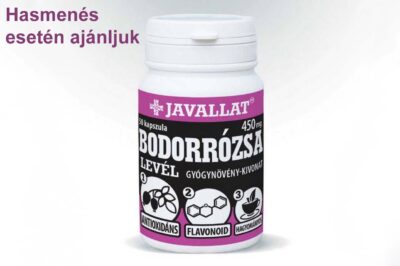Efficacy and safety of turmeric and curcumin in lowering blood lipid levels in patients with cardiovascular risk factors: a meta-analysis of randomized controlled trials
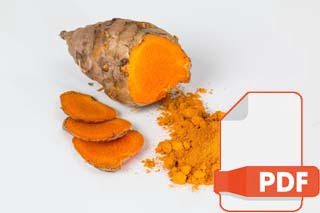
Download - PDF
Abstract
Background:
Dyslipidemia is an important and common cardiovascular risk factor in the general population. The lipid-lowering effects of turmeric and curcumin are unconfirmed. We performed a meta-analysis to assess the efficacy and safety of turmeric and curcumin in lowering blood lipids in patients at risk of cardiovascular disease (CVD).
Methods:
A comprehensive literature search was conducted on PubMed, Embase, Ovid, Medline and Cochrane Library databases to identify randomized controlled trials (published as of November 2016) that assessed the effect of turmeric and curcumin on blood lipid levels including total cholesterol (TC), low-density lipoprotein cholesterol (LDL-C), high-density lipoprotein cholesterol (HDL-C), and triglycerides (TG). Pooled standardized mean difference (SMD) with 95% confidence interval (CI) was used to assess the effect.Results:
The analysis included 7 eligible studies (649 patients). Turmeric and curcumin significantly reduced serum LDL-C (SMD = −0.340, 95% confidence interval [CI]: −0.530 to −0.150, P < 0.0001) and TG (SMD = −0.214, 95% CI: −0.369 to −0.059, P = 0.007) levels as compared to those in the control group. These may be effective in lowering serum TC levels in patients with metabolic syndrome (MetS, SMD = −0.934, 95% CI: −1.289 to −0.579, P < 0.0001), and turmeric extract could possibly have a greater effect on reducing serum TC levels (SMD = −0.584, 95% CI: −0.980 to −0.188, P = 0.004); however, the efficacy is yet to be confirmed. Serum HDL-C levels were not obviously improved. Turmeric and curcumin appeared safe, and no serious adverse events were reported in any of the included studies.Conclusions:
Conclusions: Turmeric and curcumin may protect patients at risk of CVD through improving serum lipid levels. Curcumin may be used as a well-tolerated dietary adjunct to conventional drugs. Further research is required to resolve uncertainties related to dosage form, dose and medication frequency of curcumin.Source: https://www.ncbi.nlm.nih.gov/pmc/articles/PMC5637251/
Kliknutím na ikonu [print-me] vytlačíte stránku
Kapsuly Gallmet Immune (AntiBac) sú dostupné vo VŠETKÝCH maďarských lekárňach alebo si ich môžete objednať!
Produkt „GALLMET-Immune (AntiBac) - 30 kapsúl žlčových kyselín a bylín“ bol pridaný do košíka. Zobraziť košík

